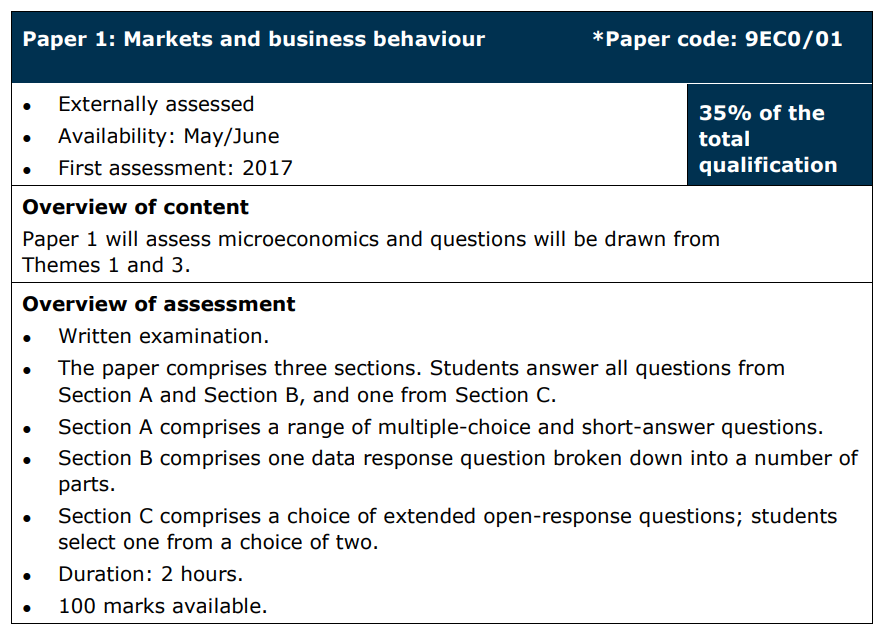Course Full Title: A Level Economics
Exam Board: Edexcel
Specification Code: 9ECO

Curriculum Intent
Throughout their journey from Year 12 to Year 13 we aim to provide a sophisticated Economics education that will continue to give students a coherent and rich knowledge and understanding of how the economy works in an ever changing environment. But our prime aspiration is to develop students’ knowledge and skills, providing them the ‘tools’ to make analytical evaluations on how a variety of Economic decisions can impact countries, businesses and individuals in various ways.
Our learning curriculum has been designed to achieve five key aims:
- Drive the core skills and build confidence across key stages in the areas that will make students successful in the subject – Analytical and evaluative thinking, and data analysis.
- Ensure seamless transition between key stage 4 and 5 to create more independent learners.
- Understand the complex economic environment inside and beyond the classroom.
- Engage and support students of all abilities to become successful in the subject.
- Inspire a new generation of economists.
Why study Economics?
Economics is one of the most current and relevant to the real-world subjects you can study at A Level.
It touches our everyday lives and attempts to explain how individuals, firms and governments make decisions. We consider the consequences of these decisions on our lives, the UK economy and the different economies around the world.
Here at Oriel the Economics team are dedicated to bringing to life the economic theory that you will study with the most up-to-date, real life examples of what is happening now in the world.
Every year students during the A Level Economics course, develop such a passion for the subject that they go on to study an Economics based degree at university.
What will I study over the two years?
Over the two years of the Edexcel Economics A linear course, you will study two different components Microeconomics or Macroeconomics, and will be assessed in the following way:
| Microeconomics: | Macroeconomics: |
|---|---|
| Nature of economics: scarcity and choice How markets work Market failure and government intervention Business growth and objectives Revenues, costs and profits Market structures Labour market and government intervention | Measures of economic performance Aggregate demand and aggregate supply Macroeconomic objectives and policy The global context Poverty and inequality Emerging and developing economies The financial sector |
All content will be examined at the end of the two-year course and across three exam papers. Each paper will be two-hours long and marked out of 100 marks. Paper 1 Microeconomics and Paper 2 Macroeconomics have a 35% weighting and Paper 3 Themes in Economics has a 30% weighting.

What makes a good Economics student?
You do not need to have studied economics or business before to do this course. You need to have strong mathematical skills to be able to competently read and understand data and graphs. Other necessities include an interest in current affairs and the economy; as well as a strong commitment to independent study.
Where could Economics take me?
Having an A-Level in Economics can provide you with a strong grounding and vital skills to follow onto a vast range of degrees at university or enter the world of work. Economics not only develops key transferable skills but, as research from the University of Kent suggested, it is a subject that significantly improves your earnings over the span of your career.
At degree level students either take Economics as a standalone subject or very often it can be a joint honours degree with other subjects such as politics, finance, accounting, business or history.
In the world of work, it provides suitable progression into many careers such as within economics as analysts or policy makers, civil service, finance, banking, trading, journalism, accounting, risk analysis or law.
What are the entrance requirements?
- 5 or more grades 5-9; including equivalents across at least 5 subjects
- Maths and English Language Grade 5 or above
- Average GCSE GRADE of at least 4.0 (average of ALL GCSE full courses taken)








